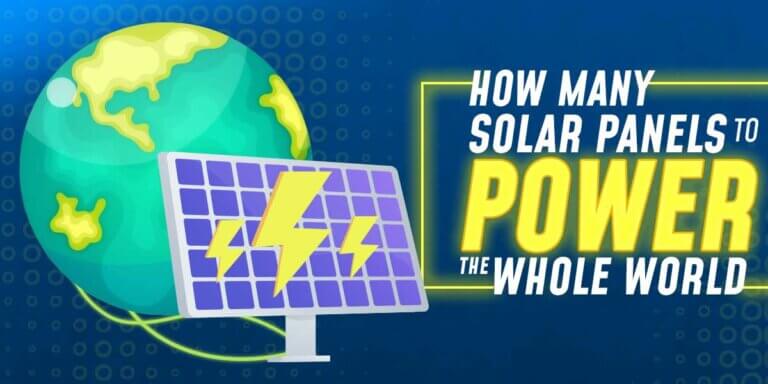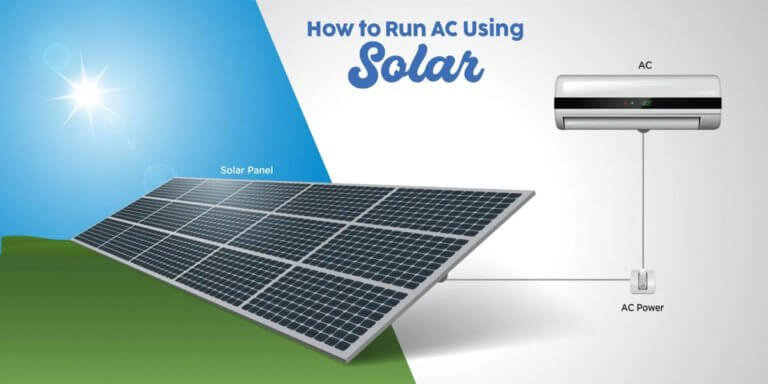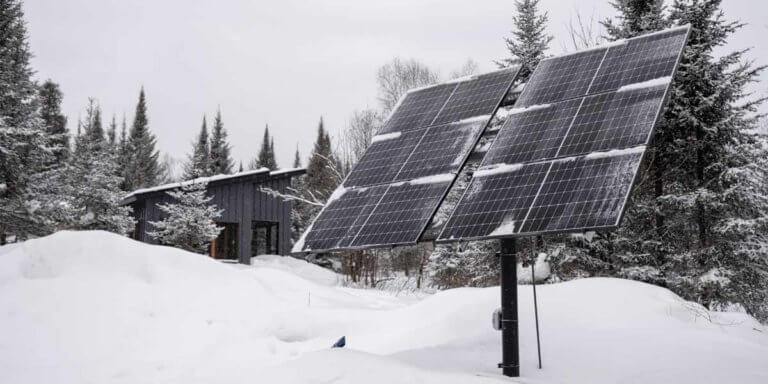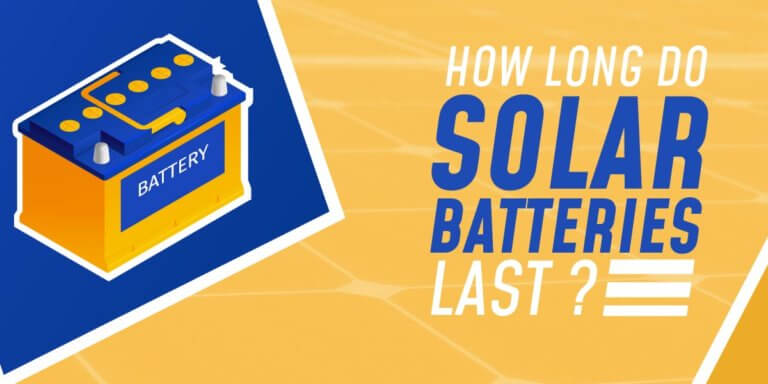What Is Active Solar Energy?
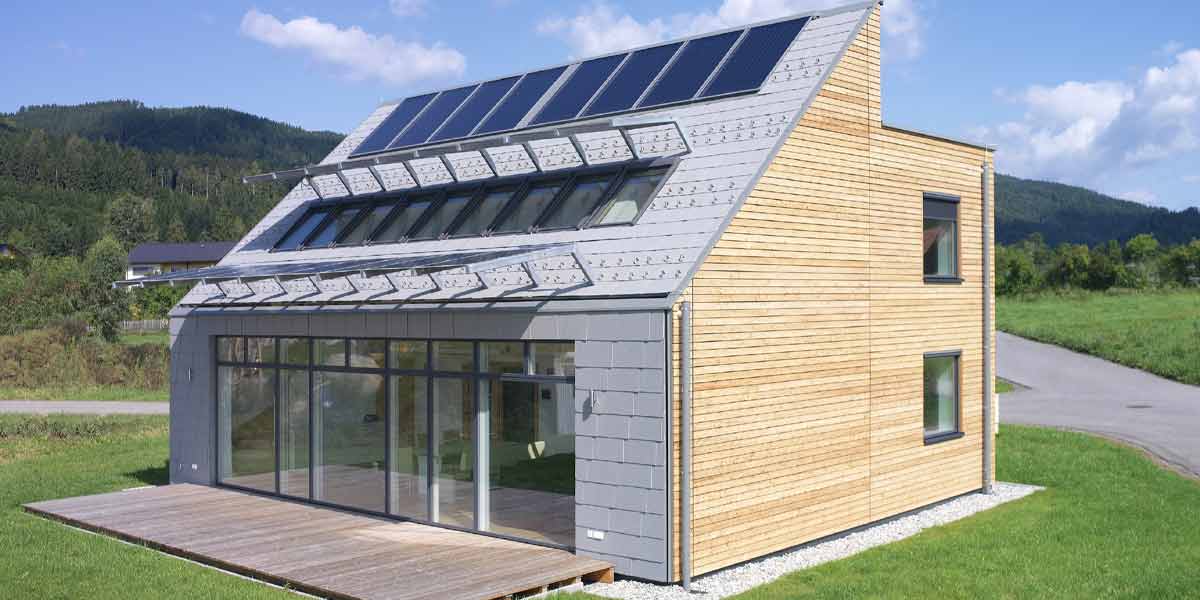
As we all are aware of the importance and popularity of solar energy in the recent past, there’s no denying that solar energy has indeed proved its stand in the growing and evolving technology. Moreover, solar energy is also environmentally friendly and poses a lot of advantages to public health.
Additionally, the return on investment of going solar is also highly valuable in terms of finance, as it is shown in the data demonstrated by SEIA. Therefore, solar energy has become increasingly popular among homeowners and business owners.
Solar energy can be captured directly from the sun by passive and active solar energy systems. In earlier times, people used passive solar energy systems by using materials like stone or clay to build their houses to help absorb the sun’s energy.
Today, the big builders use pretty similar methods to passively capture the required solar energy. For example, they usually construct houses with large double- or triple-pane windows that get direct sunlight to capture and magnify the sun’s warmth.
Without making you wait any further, let us answer questions like “What is Active Energy?”, “What Is Passive Energy?” etc.
What Is Solar Energy?
Solar energy is generally derived from direct sunlight. As we know already, the sun is incredibly powerful and provides the massive energy required to keep the environment and population growing.
To define it in simpler terms, we produce solar energy by harnessing the sun’s direct sunlight or energy and transforming it into producing electricity for homes, businesses, and so much more.
Therefore, the calculated amount of direct sunlight that the earth’s atmosphere usually absorbs is estimated to be 173,000 terawatts continuously.
Thus, solar-powered electricity can be an excellent alternative to the conventional source of electricity. Solar energy can be used to provide heat, light, and other electricity-dependent needs in homes and buildings.
Why Is Solar Energy Important?
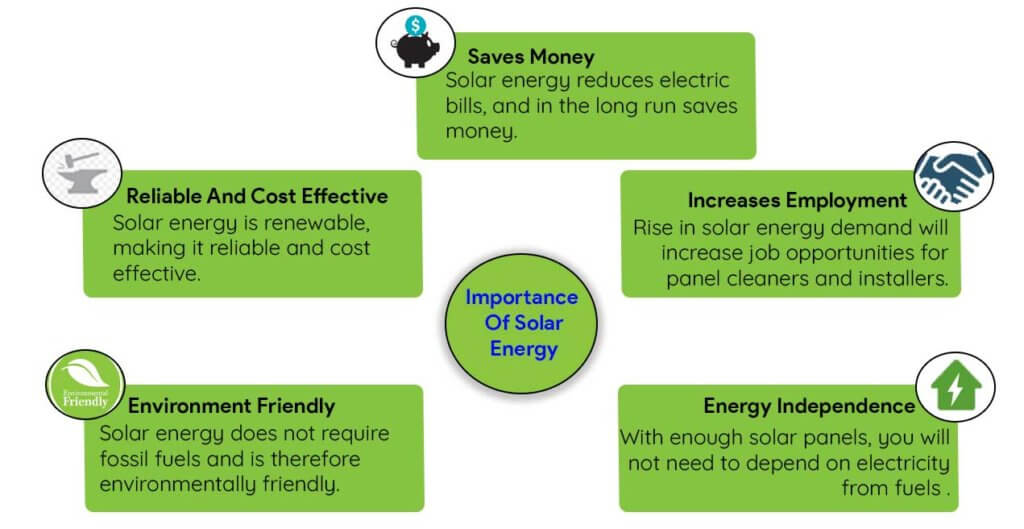
There are a number of reasons why solar energy is essential, given all the benefits that solar energy has to offer. Let’s discuss a few of them to understand how it works in a better way.
1. Environment Friendly: Solar energy does not rely on fossil fuels, and therefore, does not contribute to global warming. This makes solar energy environmentally friendly and provides evidence of its sustainability. Thus, solar energy works with the help of the earth’s natural resources, unlike conventional electricity.
2. Reliable & Cost-Effective: As we know, fossil fuels are bound to eventually run out at some point in time, whereas the sun’s energy is renewable. Thus, solar energy is much more reliable than the conventional electricity source and is highly cost-effective in contrast to expensive fossil fuels.
3. Saves Money in the Long Run: Although the initial investment in solar energy may take you by a bit of surprise, the cost of installing solar panel of any brand or popular brand like zamp or renogy is relatively lower. On the contrary, the estimated expenses for conventional electricity may be ongoing and expensive, especially since electric rates are continuously rising.
4. Jobs Opportunities and Economic Growth: Interestingly, the solar energy industry creates comparatively more job opportunities for people worldwide. This, in return, spurs economic growth in general, causing a boon for both the workers and the industry.
5. Promotes Energy Independence: Energy independence essentially refers to the luxury of not having to rely on the power grid. Not only does this method make the customers vulnerable to price spikes overall, but it also is prone to outages. With no other means of powering your home, solar energy can be the best option to revert to.
What Is Active Solar Energy?
Active solar energy, used in portable solar panels and solar panel kits, is designed to work well for both heating systems at homes and powering electricity to homes and communities. Using active solar energy, one can easily use flat-plate panels to collect the sun’s energy.
This system works by using either air or liquid to capture the sun’s heat. Moreover, the liquid is commonly used because it is a better conductor of heat and energy. However, the air has the benefit of not freezing.
Therefore, the fluid is then transferred to a container until converted to energy. Additionally, active solar energy systems must use solar panels to collect, store, and convert solar energy into usable power.
What Is Passive Solar Energy?
Unlike active solar energy systems, passive solar energy usually requires no solar panels to collect or store solar heat. This system relies entirely on itself and thermodynamics to collect and store solar heat and convert it into power. The passive solar energy system is well suited for heating and cooling systems, especially in small homes.
Passive solar energy works differently. To begin with, special windows are placed on the south-facing side of the building, where the system is installed to capture solar heat that shines through. Additionally, some designs may be supplemented through PV panels, combining both active and passive solar.
What Is The Difference Between Passive And Active Solar Energy?
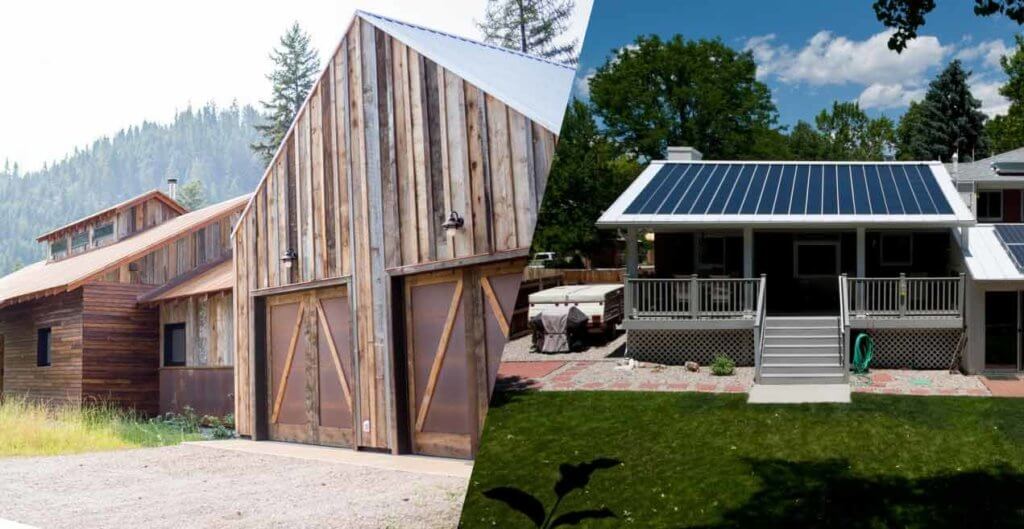
To begin with, active solar energy is believed to have higher solar savings fractions than passive systems due to its ability to transfer heat in a much efficient and better way.
However, an interesting hybrid method is to use a solar panel to operate pumps or fans. Continue reading more answers to “What is the difference between Active And Passive Solar Energy?”
1. Some Positives Of Active Solar Energy Include:
- It is mainly constructed with materials such as flat-plate PV panels that are usually designed with advanced technology and by connecting all the panels with one another.
- The common practice is to use liquid or air in solar collectors as conductors, which are mainly used to store and conduct energy.
- The conductors that use liquids are known as hydronic collectors, whereas the ones that use air are known as air collectors.
- Liquid conductors are mostly preferred over air-based conductors.
2. Some Negatives Of Active Solar Energy Include:
- It is comparatively expensive due to the required equipment.
- Equipment maintenance can quickly become a chore as well as heavy on the pockets.
- Fluids that store heat in the solar panel have the potential to release toxins into the air.
On the contrary, passive solar systems are known for using techniques such as air collectors that do not usually require any form of additional energy to operate.
As a result, they do not have any maintenance costs as well. Adding to it, they are also known for preventing the emission of greenhouse gases, which makes them environmentally sustainable.
3. Some Positives Of Passive Solar Systems:
- In the case of a passive solar system, no external equipment is required, which automatically makes the entire setup much cheaper.
- As a result, all the energy expenditure costs are generally down by 14% over time.
4. Some Negatives Of Passive Solar Systems:
- The efficiency of passive solar systems directly depends on the weather. Thus, for people residing in areas with a hotter climate, there may be a potential for their buildings to get overheated.
- You would have to choose the right kind of windows for maximum success.
Should You Get Active Or Passive Solar Energy?
Active solar energy has several benefits, including no requirement for an additional power source other than the sun. It also evidently utilizes external devices like solar panels, which are low maintenance and very durable. On the other hand, passive solar energy is comparatively cheaper than active solar energy.
Unfortunately, passive solar energy relies more on the weather. However, at the end of the day, active solar energy is mainly recommended since the energy harnessed by the panels can be used for more than just heat, such as air conditioning, a stove, lights, etc.

